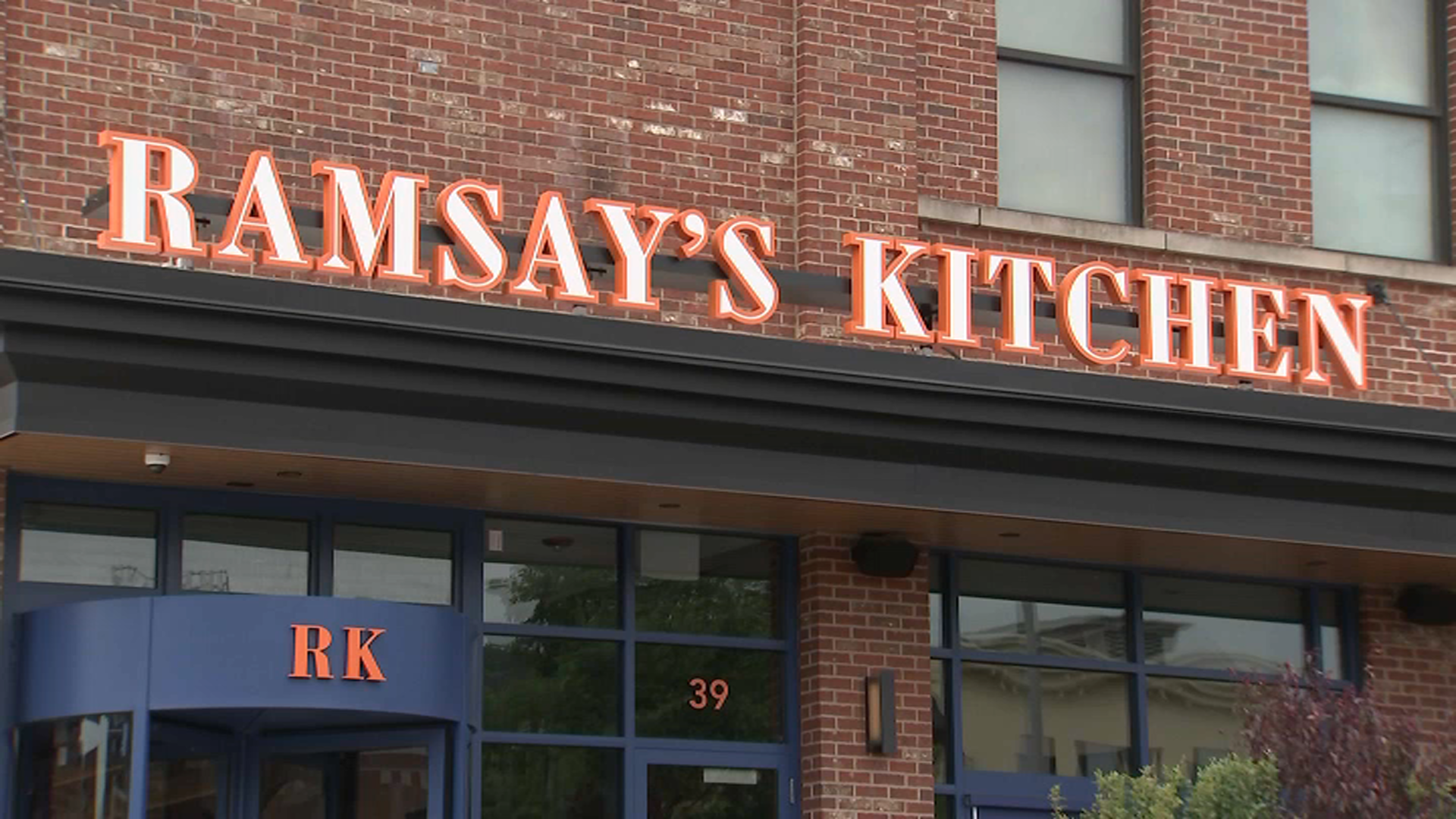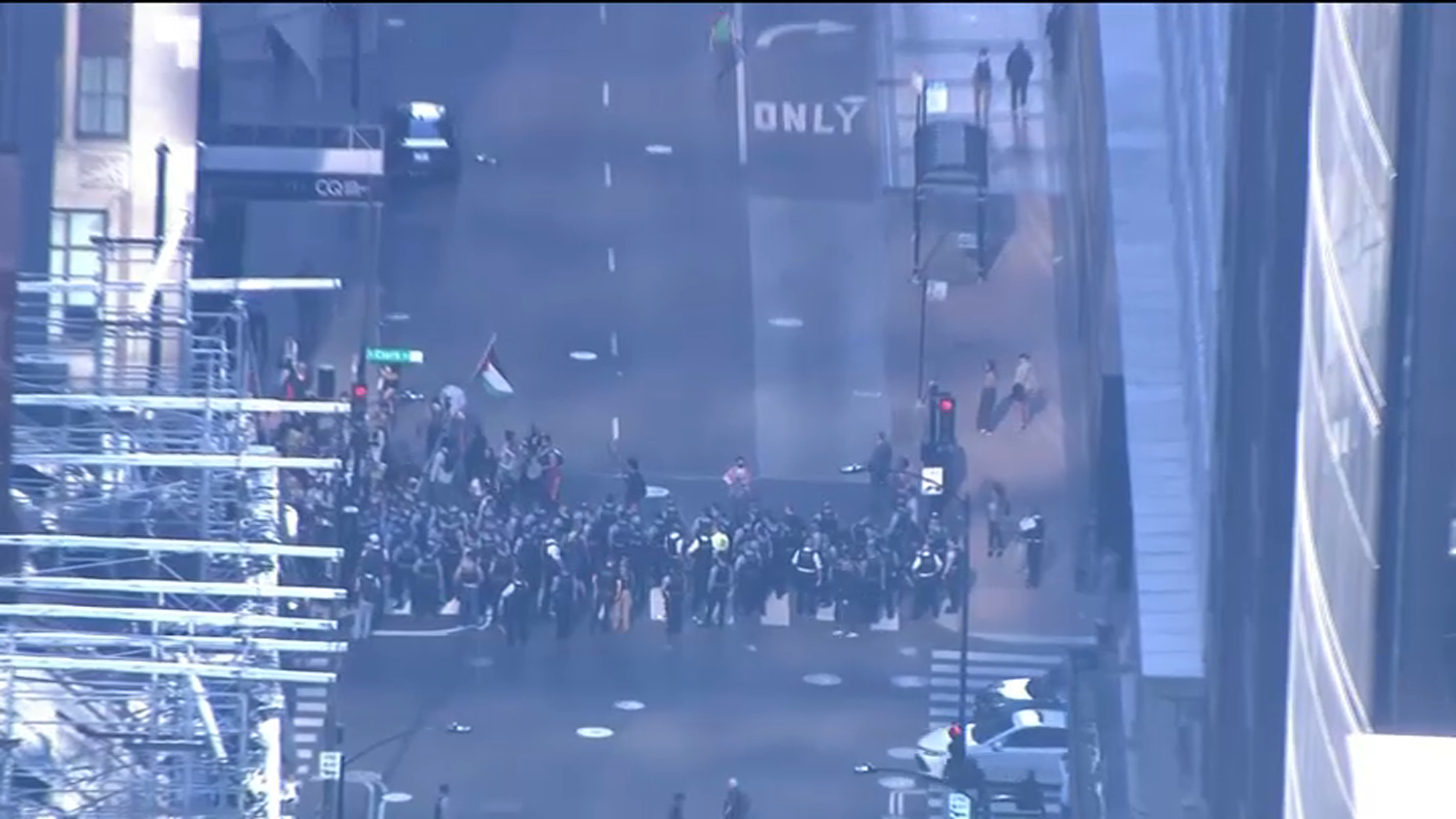Many primary elections ago, I was walking home from the elementary school where I had just voted, when I saw my 80-year-old landlady headed toward the polls.
“Can you vote for Democrats for some offices and Republicans for others?” she asked.
“Nope,” I said. “You either have to vote for all Democrats or all Republicans.”
“Oh, shoot,” she said. “I have ideas on both.”
Local
A lot of us have ideas on both, which is why it would be a good idea to end the tradition of partisan primaries, and give voters a ballot listing all candidates, from all parties. You could still only vote for one candidate per office, and thus for one party per office, but no one would know whether you’d vote Democrat or Republican.
The parties wouldn’t like it, because they wouldn’t be able to identify “their” voters, but it might produce general election candidates who are closer to the center than the ones we get now. Suppose a Chicagoan likes a Republican candidate for governor. He’s going to be reluctant to vote in the Republican primary, because in Chicago, every minor office -- state representative, state senator, county board member, circuit court judge, Metropolitan Water Reclamation District commissioner -- is determined in the Democratic primary. So he’ll be missing out on the opportunity to choose most of his representatives just so he can vote for one Republican. But if this crossover voter does vote Republican, he’ll probably choose a more liberal candidate than a dyed-in-the-wool Republican from Cerro Gordo or Effingham would. He probably won’t choose a Tea Partier. Which would allow the Republicans to avoid nominating Bill Brady again, their biggest fear for 2014.
California adopted a similar system this year. The “top two” primary puts every candidate on a single ballot. The two biggest vote-getters, regardless of party, advance to the general election. (This resulted in one of the nastiest congressional elections of the year, between Rep. Brad Sherman and Rep. Howard Berman, two incumbents drawn into the same district. Since they agreed on everything politically, they spent the campaign attacking each other personally. During one debate, they were separated by a police officer.) This would be an enormous change to Chicago politics, extending by seven-and-a-half months elections that usually end in March. That may be too much politics even for Chicagoans to endure, but as I laid out above, there are easier ways to open up the primaries.



